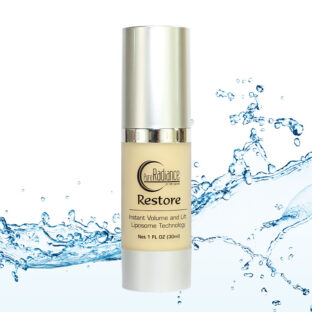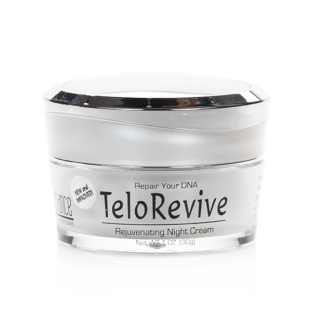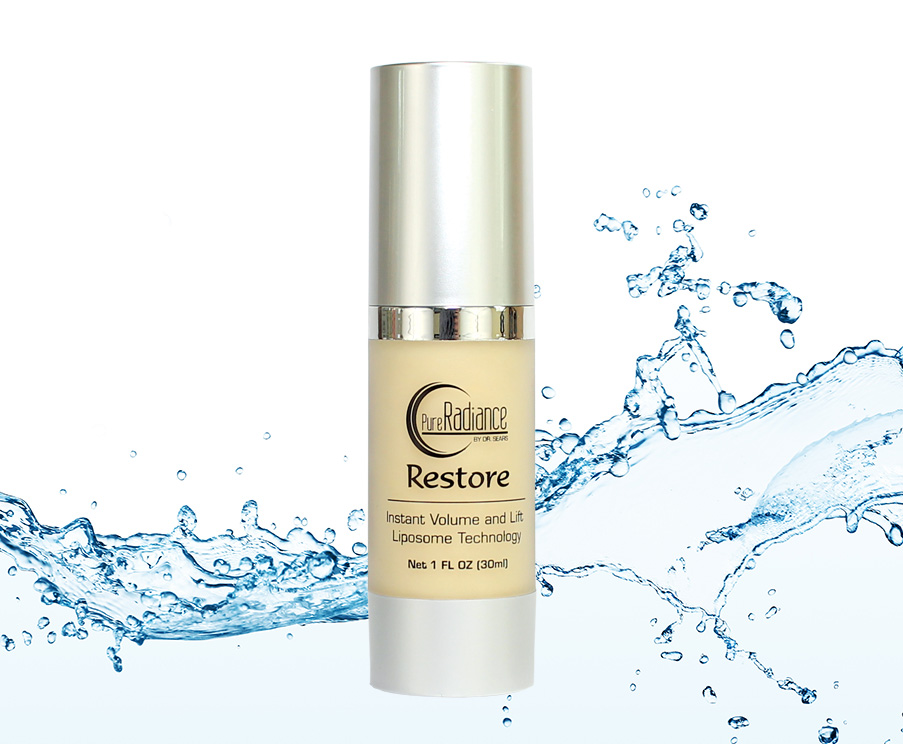Nature is better until proven otherwise. It’s a small pearl of wisdom that I’ve gained in the years of being in medical practice.
Yet, although this may seem self-evident, what is “natural” has become the issue. We live in an unnatural world… and not only that, we’ve kind of erased our footsteps back to what is truly natural to us.
Most people are not even aware of what the human body requires for activity level and nutrition.
People are told that eating grains is natural. That might be true for birds, but not for us.
This is why “Paleo” is a step in the right direction.
Things went drastically wrong for us health-wise when people started to use technology to harvest grains. This gave us very low-fat, low-protein, low-nutrient diet.
People got smaller, and people got sick after making annual seed crops their primary food.
A new study gives us fresh evidence that this is true.
We already knew that farming made the Greeks lose height, and the Indians’ heads shrink.
Now a study from Cambridge University shows that after agriculture became dominant in Central Europe around 7,000 years ago, the bones of those people became progressively weaker. As time went by, they became less active and slower.1
Modern diet advice has ignored all this evidence, and instead doubled down on that terrible advice to eat a grain-based diet.
The establishment recommends you load up on starches, and says meat and eggs will kill you. Even though animal protein is what made us strong and fast, and grains have made us progressively weaker and slower.
Grains tell your body to eat more because it thinks you’re starving. Then it stores that food as fat. This has led us to a time when inflammation is the number one disease, giving us all the chronic conditions that plague us today.
The right thing to do is to return to what I’ve always talked about as a “Primal” diet. Others have since picked up on this term, and that’s a good thing, since I started talking about it years ago.
For me, Primal means looking at cultures that still have a connection to a more natural way of eating, and mimicking them.
Take the Italians for example. Their traditions aren’t Paleo, but they do go back very far in time.
One of them is they have a tradition of eating a starchy soup made with pasta and beans, served with salad and lots of garlic bread.
Sounds fattening … yet the Italians don’t get fat.
Here’s where science comes in very handy. It shows us why that pre-meal bean soup is so effective at keeping them lean.
The Italian white kidney bean is very effective at stopping all those starches from creating body fat.
Studies show that the white kidney bean, Phaseolus vulgaris, stops overeating, blocks body fat gain, helps drop existing fat, and helps maintain lean muscle mass.2
This is more evidence that there’s a lot of good health advice in ancient traditions because it’s a return to our more primal way of eating.
My favorite way to eat white kidney beans is to make minestrone soup. Then I can add meat and vegetables instead of pasta. Plus, beans absorb other flavors, making the whole thing tastier.
- You can buy dried white kidney beans at health food stores. Cannellini (all white) and borlotti (ivory streaked with red) are the ones to look for.
- Summertime is when the raw beans are fresh, and you can find them in Italian markets. Sometimes you can find them shelled, but those will cost a bit more.
- If you’re looking to get more of the starch-blocking effect, it’s better to get an extract of the bean. The extract has a higher concentration of alpha-amylase blocker, which does the work of stopping carb absorption.
- Start with 500 mg of the extract twice a day. It’s important to remember to take it 20 or so minutes before you eat or it won’t have the intended effect.
- A better way to take the extract is to get it in a time-release capsule.
- Also, don’t forget to try and fix the activity level that is abnormal and get a little bit of intense exertion.
To Your Good Health,
Al Sears, MD
1. Macintosh A. “From athletes to couch potatoes: humans through 6,000 years of farming.” Cambridge University Research. www.cam.ac.uk. Apr. 18, 2014. Retrieved Apr. 22, 2014.
2. Celleno L, Tolaini M, D’Amore A, Perricone N, Preuss H. “A Dietary supplement containing standardized Phaseolus vulgaris extract influences body composition of overweight men and women.” Int J Med Sci. 2007;24;4(1):45-52.








